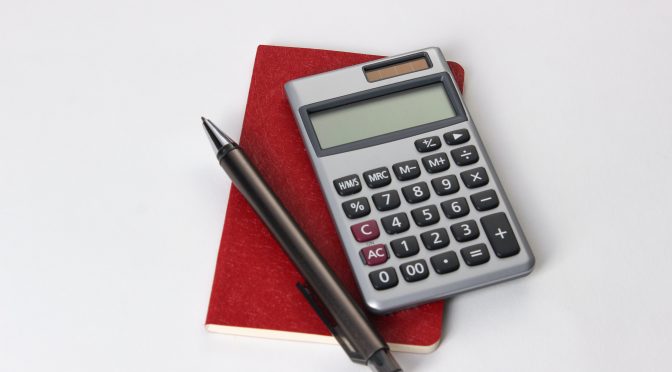In a dispute between two Singaporean parties in a manufacturing venture in China, GAO Advisors prepared expert valuations and produced a comprehensive capital flow methodology to refine the venture’s accounts and to assess the efficacy of claims made.
Background
The two parties were ex-classmates from secondary school, and in 2005 the Plaintiff hired the Defendant as the managing director in his company which he expanded to China in 1999. The Defendant took over operations of the China-incorporated company, which existed as eight separate corporate entities (“the Companies”) to disperse revenue and qualify as a small-scale taxpayer in China’s Value Added Tax (VAT) system.
The Defendant oversaw operations until his resignation in 2013. In that time, his primary responsibility was the management of the Companies’ monies. Thus, he was in charge of the company seals, which were necessary for the withdrawal of monies from their bank accounts. Upon his resignation, the Defendant gave the Plaintiff notice that business operations have ceased two months earlier, and informed of a self-procured division methodology of the remaining assets. He also withdrew a certain percentage of the assets as severance.
The Plaintiff disagreed with the amount withdrawn and appointed GAO to produce an investigative report for the Companies’ accounts and assess the Defendant’s methodology.
The Challenge
The Companies’ mode of operation posed a significant hurdle in the valuation process. The sole provider of capital for business operations was the Plaintiff’s parent company. Hence, the capital flow, as per standard protocol, followed the Companies’ bank accounts to the Defendant’s to the Plaintiff’s.
The existence of multiple bank accounts at each level of capital flow, the inconsistency in in-voice submission for bookkeeping purposes (many handwritten), and preference for cash dealings for ease of trade meant tracking and assessing capital flow was a challenge.
Gifted Group’s Method
In tracking the Companies’ capital movement, Gifted Group set out the following scope of work:
- To engage in meetings and discussions with relevant stakeholders namely the two parties, the Companies’ bookkeepers, suppliers, and clients;
- To review all the available records of the Companies’ capital movement in the relevant period including bank documents and financial records;
- To review correspondence between the Plaintiff and the Defendant, as well as their suppliers and clients, to understand their personal and business relationship;
- To ascertain the amount of monies withdrawn by the Defendant from the Companies’ bank accounts.
Impact
Gifted Group produced two estimations for the monies in question, by taking two approaches to ensure fairness. These approaches include:
- Deducting the estimated amount the Defendant has withdrawn from the Companies’ accounts the (i) amount he had returned to the Plaintiff and (ii) the percentage of the Companies’ profit he was entitled to, as per his severance rights discussed earlier with the Plaintiff;
- Taking the splits of assets stated by the Defendant in his resignation letter.
With both approaches, Gifted Group concluded that there were discrepancies between what the Defendant claimed was allegedly entitled to the Plaintiff and what the Plaintiff received. In short, the amount withdrawn by the Defendant was found to be overvalued than his entitled sum.
The refinement of accounts through Gifted Group’s manual and machine tracing and forensic accounting methodology led to the submission of an amended SOC, leading to a consent judgment.
About Gifted Group
Gifted Group is a corporate financial advisory firm that provides strategy advice, transaction structuring and valuation services. It has acted as an Expert Valuation Witness to a number of matrimonial cases including UTJ v UTK [2019] SGHCF 6, where it produced credible, fair and comprehensive assessments of the matters dealt with in its valuation reports. These valuation reports allowed the Court to arrive at a more just and equitable means of dividing matrimonial assets between the Parties. Other cases include:
- Valuation of a family textiles business in which patriarchs were seeking to claw-back over $10 million in fraudulent withdrawals by next-generation family members.
- Valuation of damages in a High Court case where over 125 club members, in one of the largest representative action suits in Singapore, acted against the club owner for breach of contract and the torts of deceit and negligence.
Gifted Group’s data-driven approach to its operations and experienced team of valuation professionals sets it apart from its competitors.


